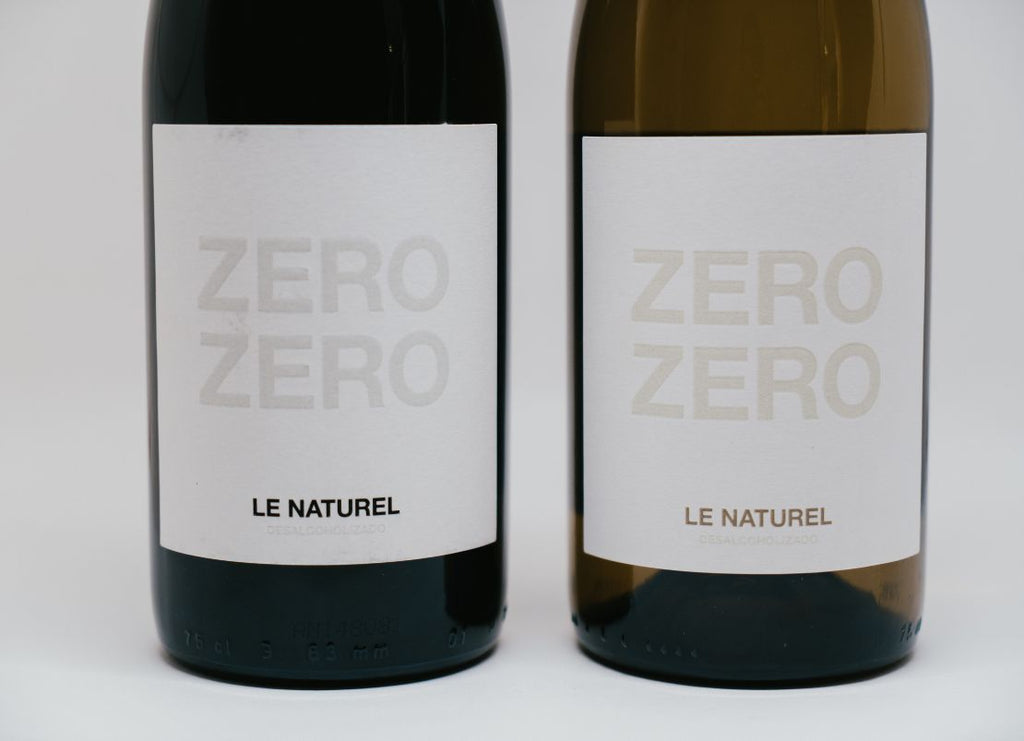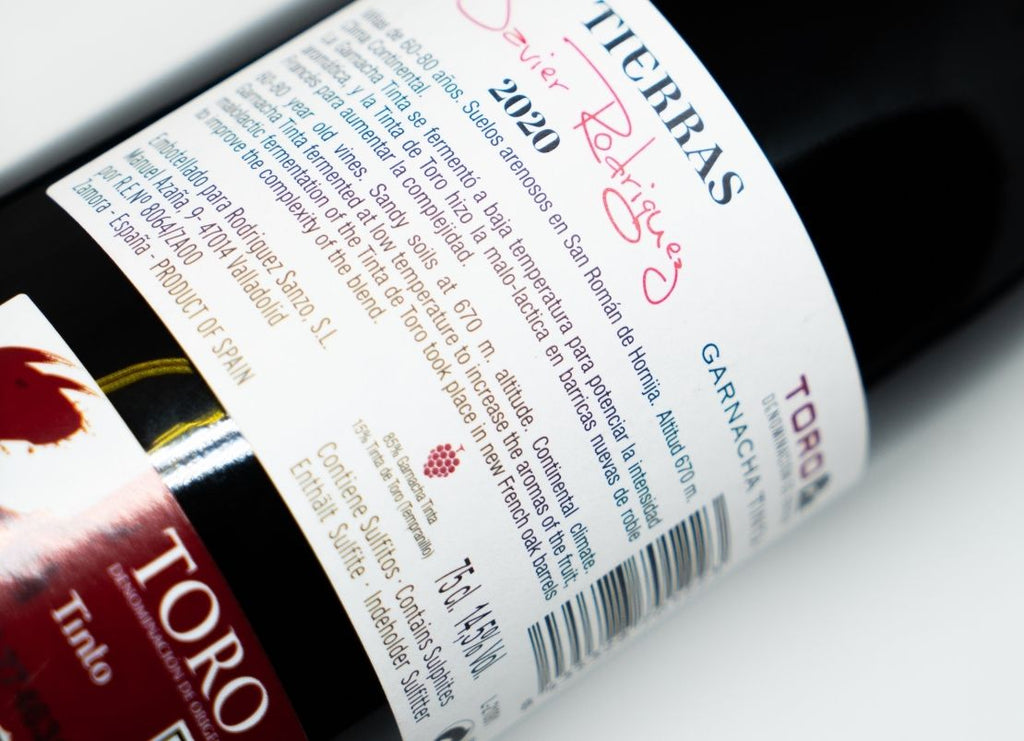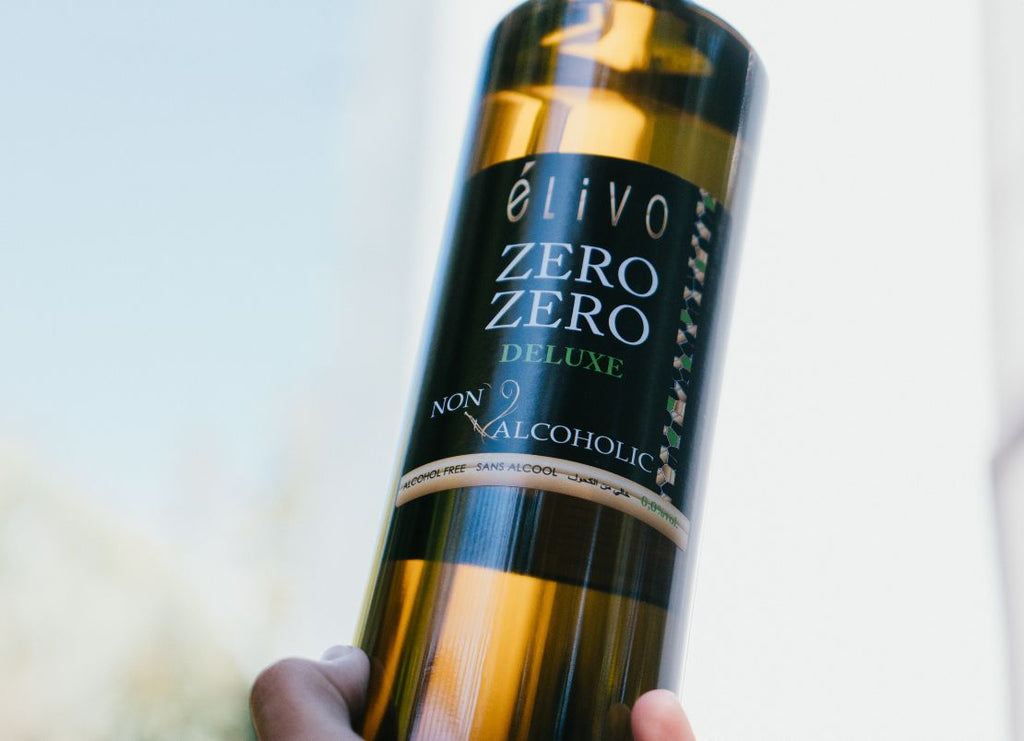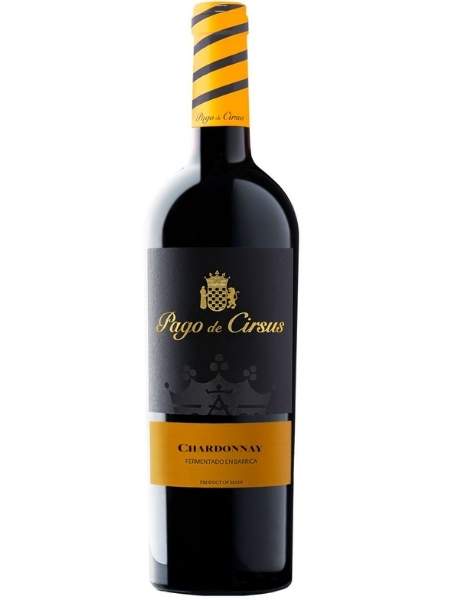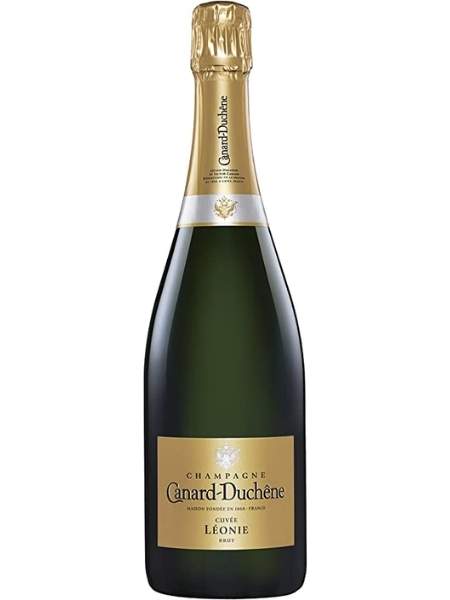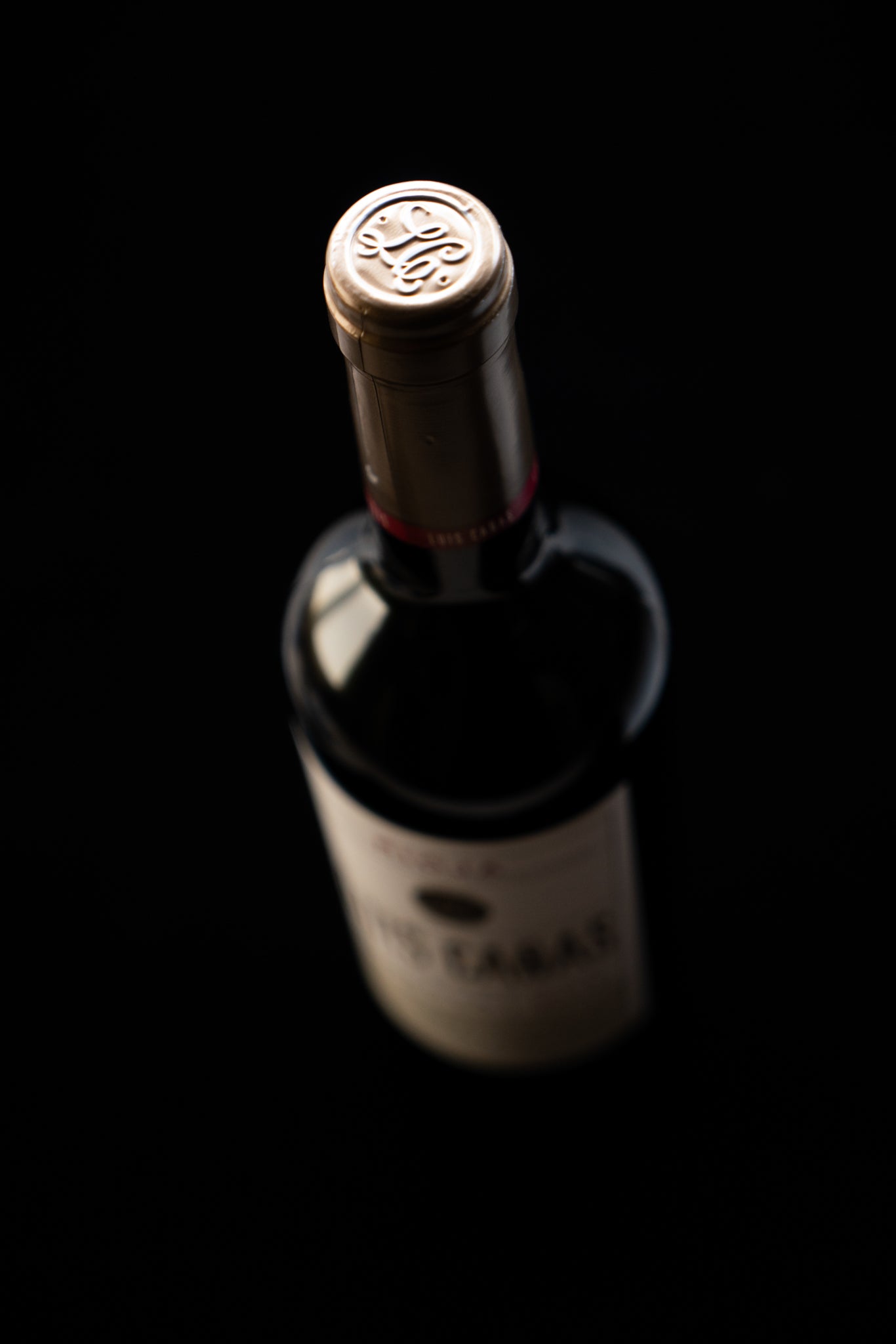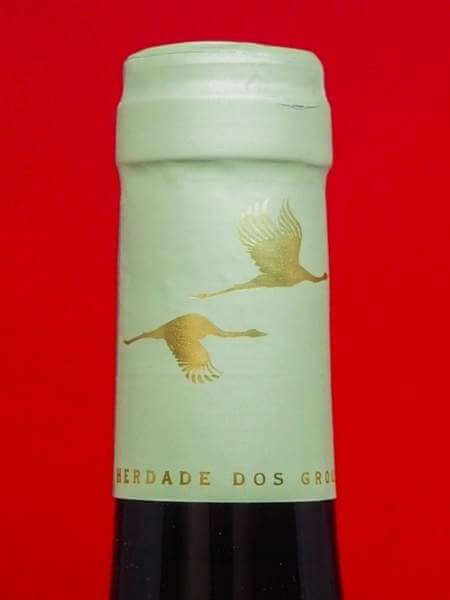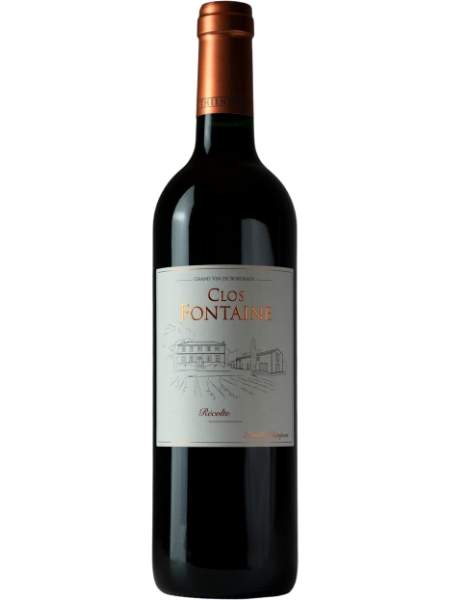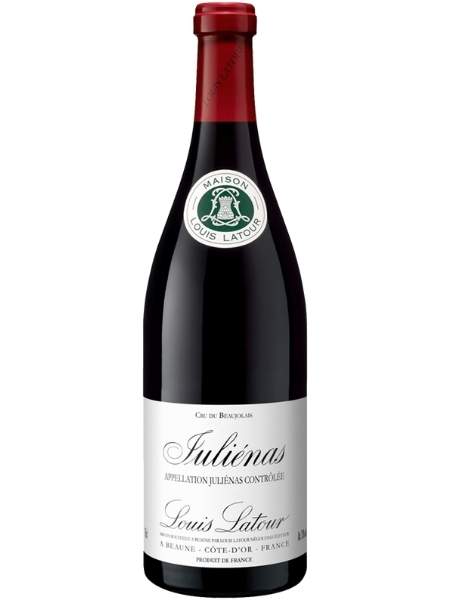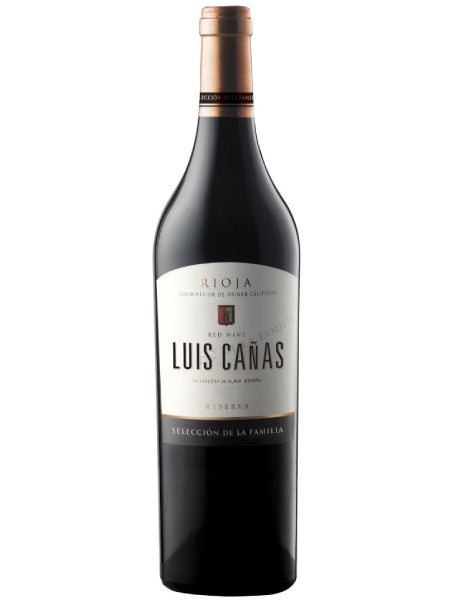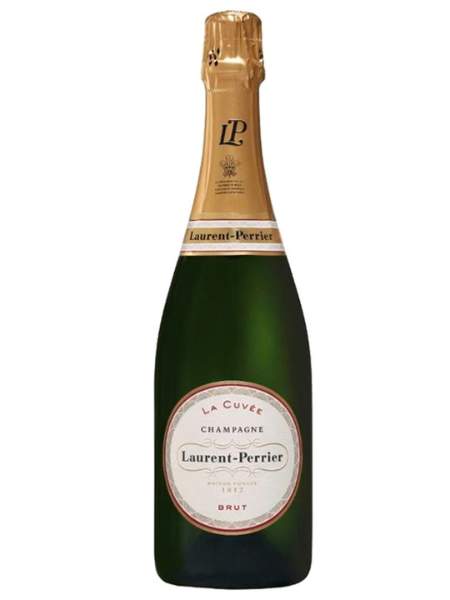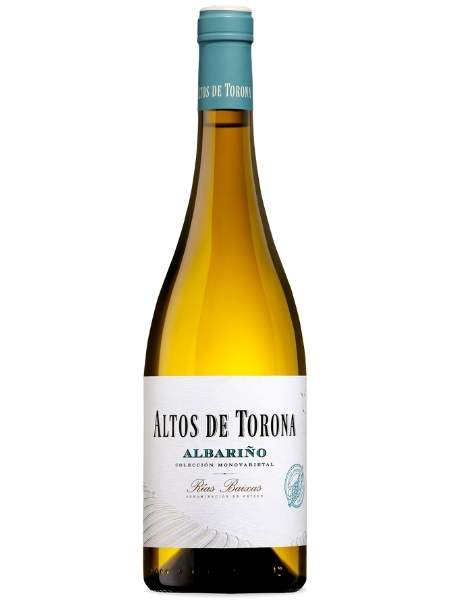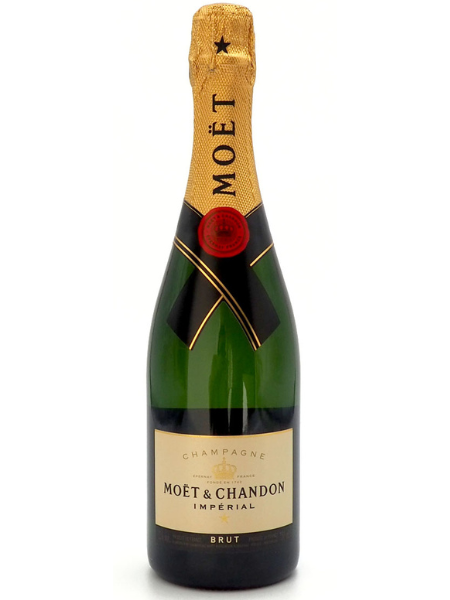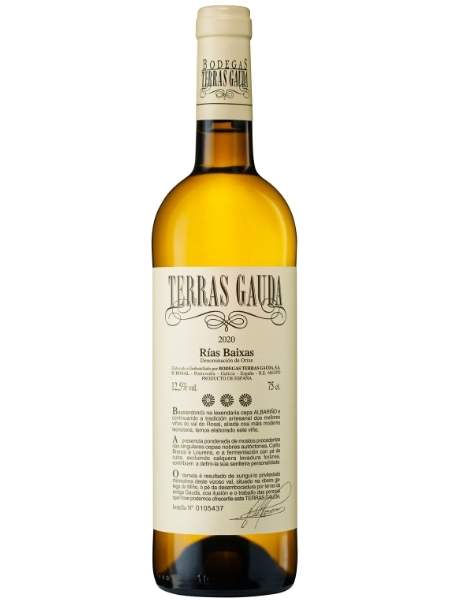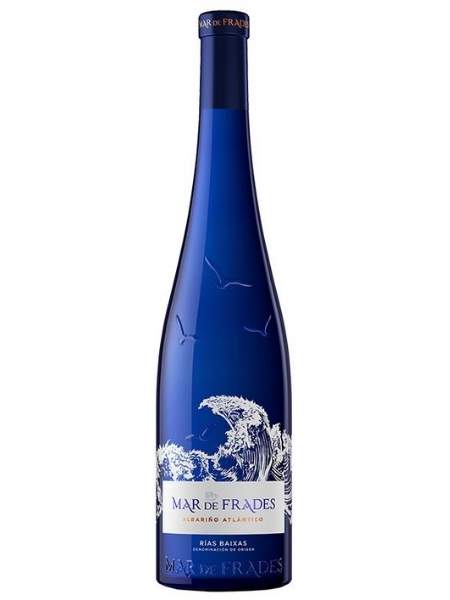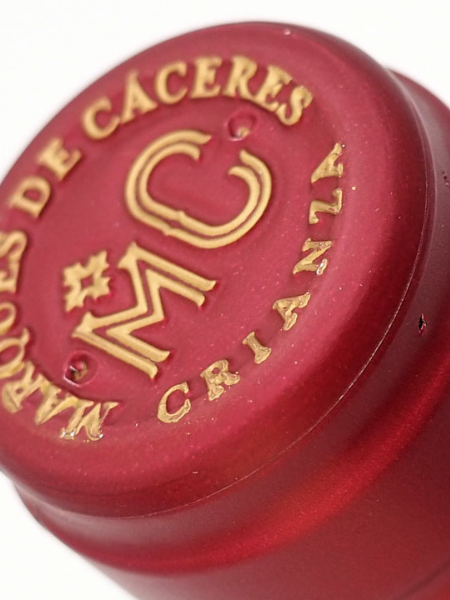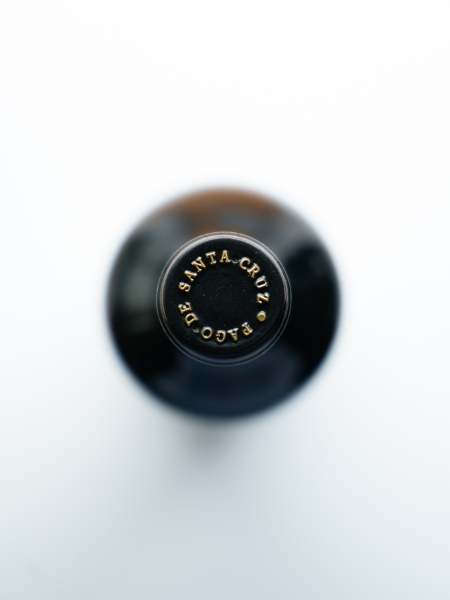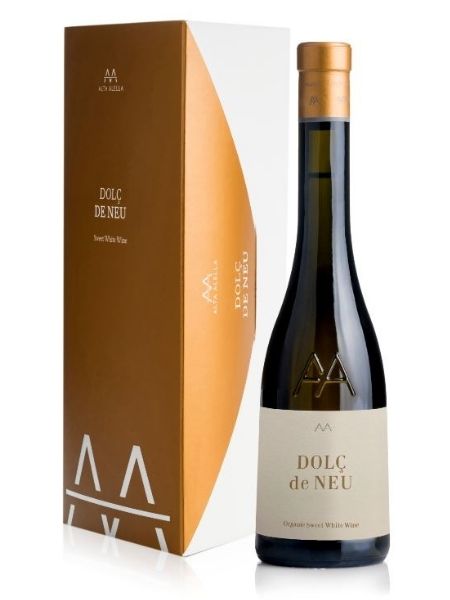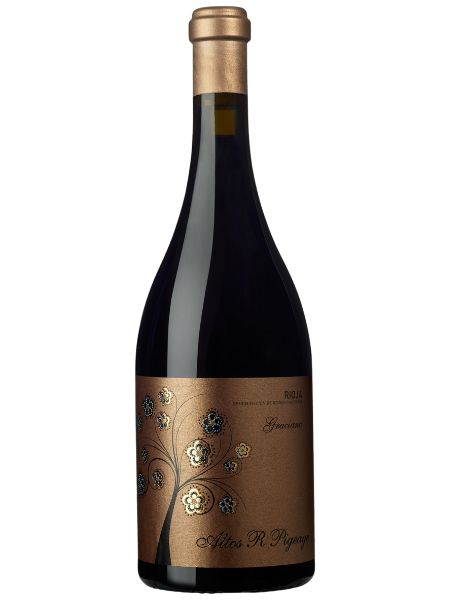
Is Extra Virgin Olive Oil Good for Cooking?

Extra virgin olive oil has been a staple in Mediterranean cuisine for centuries. Known for its health benefits and delicious flavor, it's no wonder that it's gained popularity in many parts of the world. But some people are hesitant to use it for cooking, questioning whether it can withstand the high heat temperatures required in some recipes. In this blog, we'll explore whether extra virgin olive oil is a good choice for cooking, and why.
Can Extra Virgin Olive Oil Be Used for Cooking?
First, let's talk about the smoke point. This is the temperature at which oil starts to smoke, giving off a burnt smell and taste. Some people think that extra virgin olive oil has a low smoke point, making it unsuitable for cooking. However, this is a myth. Extra virgin olive oil has a smoke point of around 210 ºC (410°F), which is higher than the recommended cooking temperature for most dishes. Only when you start to see smoke coming from the oil should you be concerned.
Second, let's consider the flavor. Extra virgin olive oil is rich, fruity, and nutty, with a slightly bitter finish. This flavor profile means that it may not be suitable for every dish, especially those that require a milder flavor. But for dishes that can benefit from the distinct taste of olive oil, it can add a depth of flavor that other oils can't provide. It's a great choice for pasta dishes, roasted vegetables, and grilled seafood.
Third, let's look at the health benefits. Extra virgin olive oil is rich in antioxidants and healthy fats that are good for the heart and brain. It's also been linked to a reduced risk of certain types of cancer. When used in cooking, these benefits are retained, making it a healthier alternative to other cooking oils. Just be aware that heating the oil can break down some of these properties, so using it for light sautéing or drizzling over finished dishes is best.
Fourth, let's discuss quality. When choosing extra virgin olive oil for cooking, it's important to choose a high-quality oil that has been cold-pressed and bottled in a dark, glass bottle. Lower quality oils may have been heated or mixed with other oils, which can affect the flavor and nutrients. Look for oils that are labeled as "first cold press" and have a clear listing of their origin.
Finally, let's talk about the cost. Extra virgin olive oil can be more expensive than other cooking oils, which can be a deterrent for some. However, when you consider the health benefits and flavor profile, it's worth the extra investment. Plus, a little goes a long way, so a bottle can last for months.
In conclusion, extra virgin olive oil is a great choice for cooking, as long as you're mindful of the smoke point, flavor profile, health benefits, quality, and cost. It's a healthier alternative to other oils, and its distinct flavor can enhance many dishes. So next time you're in the kitchen, consider using some extra virgin olive oil in your cooking. Your taste buds and body will thank you!

